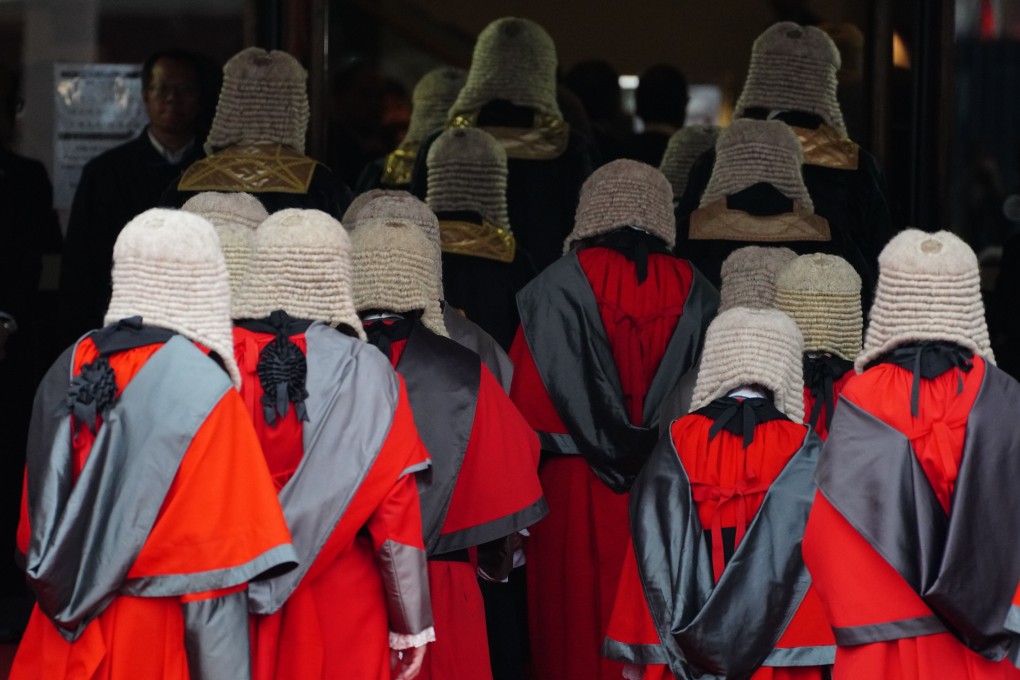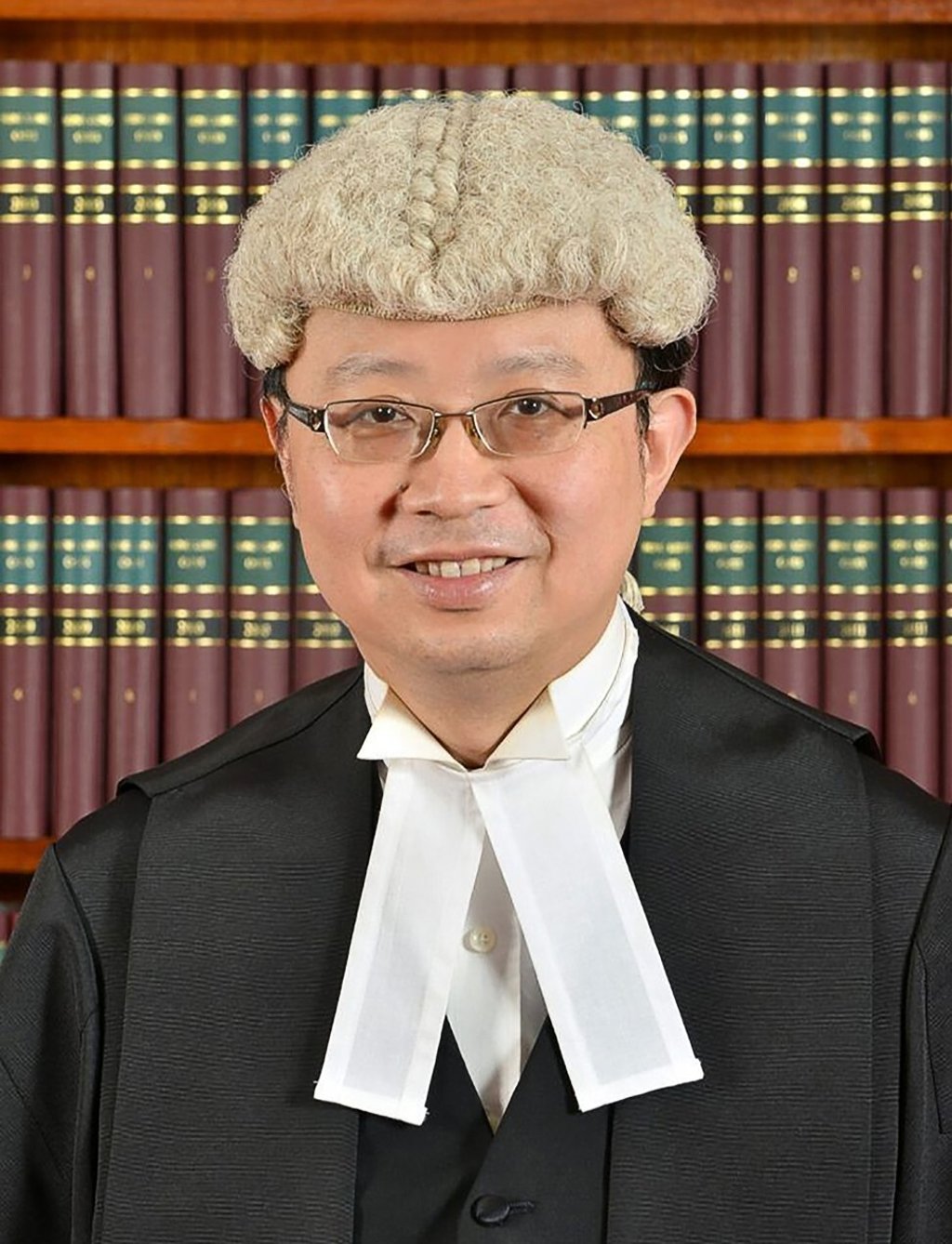Advertisement
National security law: Hong Kong should appoint judges from Singapore, Malaysia to limit city’s reliance on Western jurists, lawmakers say
- Several legislators want Hong Kong to look to the rest of Asia for Court of Final Appeal candidates rather than only Western nations, amid security law tensions
- More background checks are needed to avoid recruiting judges who are critical of Hong Kong governance, according to a city lawmaker
Reading Time:3 minutes
Why you can trust SCMP
24

Hong Kong should appoint judges to its top court from common law jurisdictions such as Singapore and Malaysia to reduce the reliance on Western jurists who face pressure in their home countries to leave or avoid the city, lawmakers have said.
Legislators suggested the recruitment reforms on Monday as they endorsed the promotion of veteran judge Johnson Lam Man-hon to become a permanent member of the Court of Final Appeal, the final stage of the process before his formal appointment.
Members of the Legislative Council subcommittee during the debate urged the government to consider shifting the focus away from appointing jurists based in countries such as Britain and Australia who might quit over issues such as the national security law.
Advertisement

Pro-establishment lawmaker Junius Ho Kwan-yiu, a former Law Society president, said Hong Kong authorities should look at appointing more judges to the Court of Final Appeal.
Advertisement
He also took issue with all overseas non-permanent judges coming from Britain, Australia and Canada.
Advertisement
Select Voice
Select Speed
1.00x